Google Cloud wants to tackle cyber complexity – here's how it plans to do it
Google Unified Security will combine all the security services under Google’s umbrella in one combined cloud platform
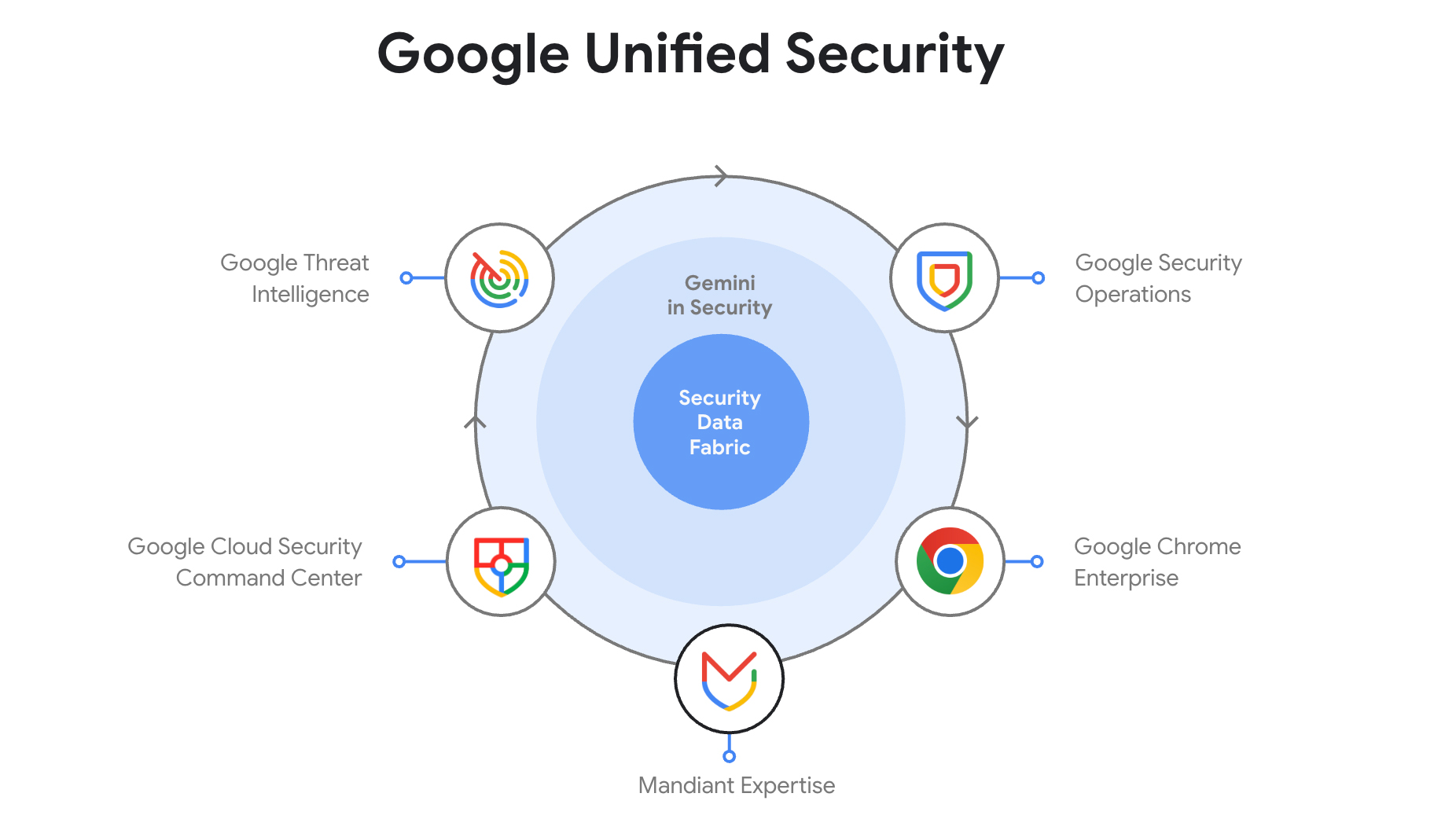

Google Cloud has announced a new unified security platform for enterprises, delivering new interoperability and AI capabilities for cyber teams and reducing time spent investigating threats in cloud environments.
Google Unified Security combines products, telemetry, and context from Google Threat Intelligence, Mandiant, Google Security Operations, and Google Security Command Center, to provide organizations with an intelligent overview of threats.
Referred to by executives as ‘GUS’, the offering is a searchable data fabric for enterprise vulnerability, tying together the data and capabilities of the above platforms for better security visibility.
Gemini AI sits at the core of Google Unified Security, as a key enabler for decreasing time to detection for security teams and reducing manual workload. Google Cloud’s internal AI models will power features such as two new security agents that will work alongside human cyber workers on proactive, low-level analysis and producing reports.
A new alert triage agent, available within Google Security Operations, will continuously analyze enterprise environments for alerts and flag any activity it deems worthy of human response.
The second, a new malware analysis agent contained within Google Threat Intelligence, will proactively scan the code for all uploaded files for malicious code. Matching this against known malware examples, it will then provide a detailed summary for security teams.
Both agents will become available to certain customers via preview in Q2 2025, with general availability at a later date.
Get the ITPro daily newsletter
Sign up today and you will receive a free copy of our Future Focus 2025 report - the leading guidance on AI, cybersecurity and other IT challenges as per 700+ senior executives
In a demo, Payal Chakravarty, director of Product Management at Google Cloud, showed a data loss prevention (DLP) alert in Google Chrome Enterprise flagging an incident in which developer has inadvertently copied sensitive data into public LLMs through a Chrome extension.
Responding to the alert, a Gemini agent is then able to investigate the situation and confirm the leak to a high degree of confidence, making detailed logs throughout and quarantining the Chrome extension involved. The agent can then go further by updating the company’s policy on the extension to prevent any further data leaks.
Similarly, Chakravarty explained that the agent could continue to investigate and discover other vulnerabilities such as the developer accidentally exposing a virtual machine (VM) to the public internet. It could then correlate any suspicious traffic to the VM with known signatures from active threat actors using data from Google Threat Intelligence.
Brian Roddy, VP of cloud security at Google Cloud, explained that GUS is intended to meet the needs of businesses in an era of increasing attacks by state-backed threat actors and criminal cyber gangs.
“Enterprise infrastructure continues to grow in size and complexity, expanding the attack surface and making defenders’ jobs increasingly difficult and there's separate, disconnected security tools resulting in a fragmented data situation, without relevant context, leaving organizations vulnerable and reactive in the face of escalating threats.”
“So security teams tend to operate at silos, slowed by toils of workflows, making it hard to accurately assess and improve the organization's overall risk profile.
The announcement was made live at Google Cloud Next 2025, the company’s annual conference held in Las Vegas.
Managing AI risk and common vulnerabilities
Google Cloud has recognized that along with the benefits AI presents businesses, improper use or implementation of the technology can also expose organizations to unwanted risks.
In March, Google Cloud announced AI Protection, through which leaders can take stock of the AI models and tools they use across their environment and secure data used for AI.
Model Armor, a feature integrated within Vertex AI, allows leaders to apply specific controls across AI inputs and outputs across their cloud environment, across a wide range of models.
Now Google Cloud has announced new Data Security Posture Management features, which flags and labels sensitive data, puts it under suitable compliance controls, and monitors how it is used for AI directly within the Google Cloud AI portfolio and analytics tools such as BigQuery.
Alongside this, a newly-launched Compliance Manager will work to give users better understanding of their data compliance and help internal teams produce audits to keep on top of reporting requirements. Both features will enter preview in June.
In response to an ITPro question on how Google Cloud customers are tackling issues such as shadow AI, Roddy stated that early adopters are already finding AI Protection useful for detecting unauthorized AI model use within their workplace.
“So what they want to have is the ability to control, what are really the models that are approved and tested and which ones aren't,” Roddy said.
“And in some cases they're willing to let users use more advanced models for experimental purposes. So what this is doing is just giving them a lot more control about understanding what's inside their environment and to be able to make sure that the right models are being used for the right use cases.”
Google Chrome Enterprise Premium is also set to receive new privacy controls, including data masking to automatically hide sensitive information and phishing protection to prevent man in the middle (MiTM) attacks in which malicious sites are disguised as legitimate web portals.
This is in addition to the rollout of existing Google Chrome Enterprise Premium features, such as copy paste prevention and URL filtering, across Android.
MORE FROM ITPRO

Rory Bathgate is Features and Multimedia Editor at ITPro, overseeing all in-depth content and case studies. He can also be found co-hosting the ITPro Podcast with Jane McCallion, swapping a keyboard for a microphone to discuss the latest learnings with thought leaders from across the tech sector.
In his free time, Rory enjoys photography, video editing, and good science fiction. After graduating from the University of Kent with a BA in English and American Literature, Rory undertook an MA in Eighteenth-Century Studies at King’s College London. He joined ITPro in 2022 as a graduate, following four years in student journalism. You can contact Rory at rory.bathgate@futurenet.com or on LinkedIn.
-
 Bigger salaries, more burnout: Is the CISO role in crisis?
Bigger salaries, more burnout: Is the CISO role in crisis?In-depth CISOs are more stressed than ever before – but why is this and what can be done?
By Kate O'Flaherty Published
-
 Cheap cyber crime kits can be bought on the dark web for less than $25
Cheap cyber crime kits can be bought on the dark web for less than $25News Research from NordVPN shows phishing kits are now widely available on the dark web and via messaging apps like Telegram, and are often selling for less than $25.
By Emma Woollacott Published
-
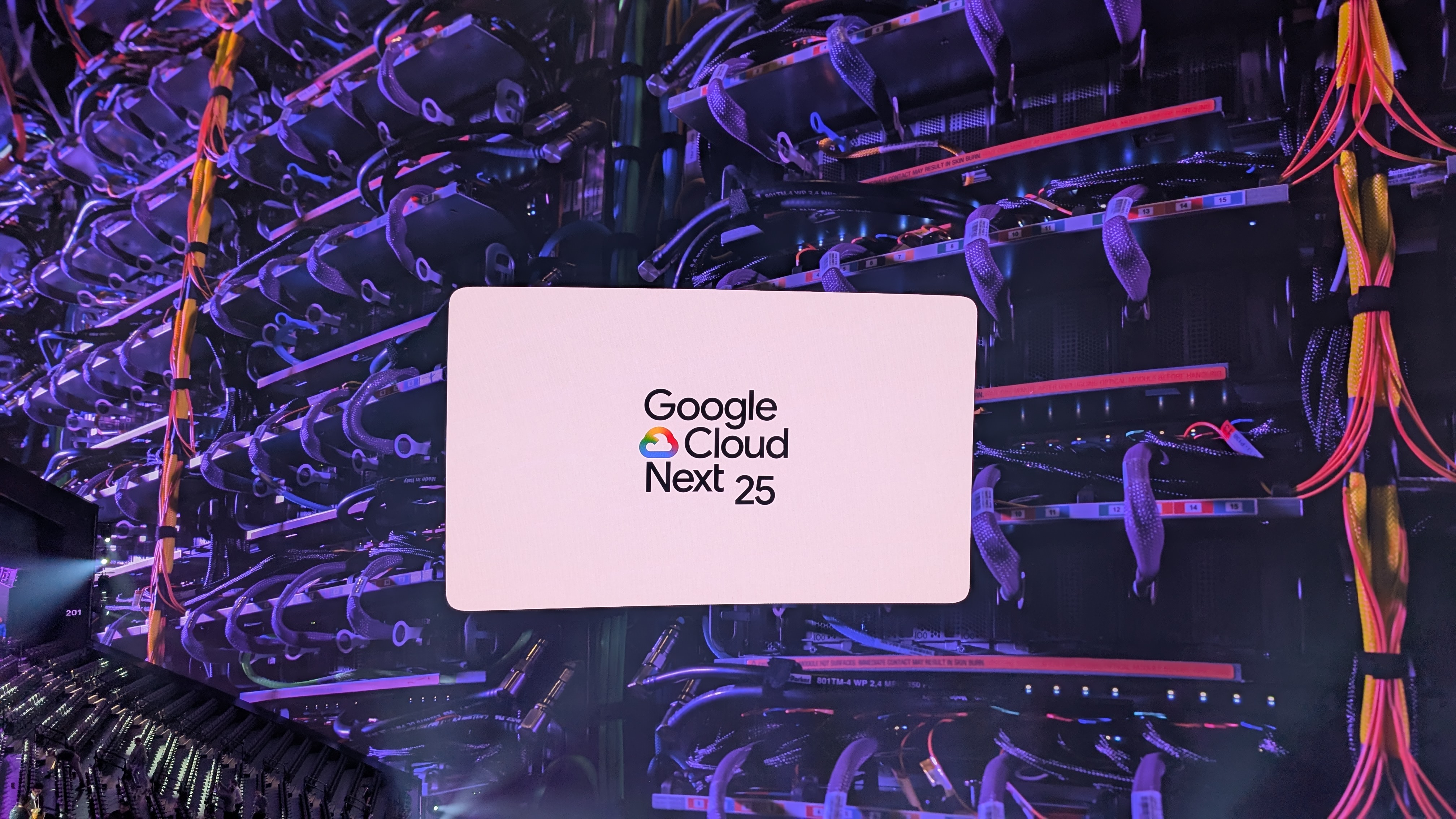 Google Cloud Next 2025: All the live updates as they happened
Google Cloud Next 2025: All the live updates as they happenedLive Blog Google Cloud Next 2025 is officially over – here's everything that was announced and shown off in Las Vegas
By Rory Bathgate Last updated
-
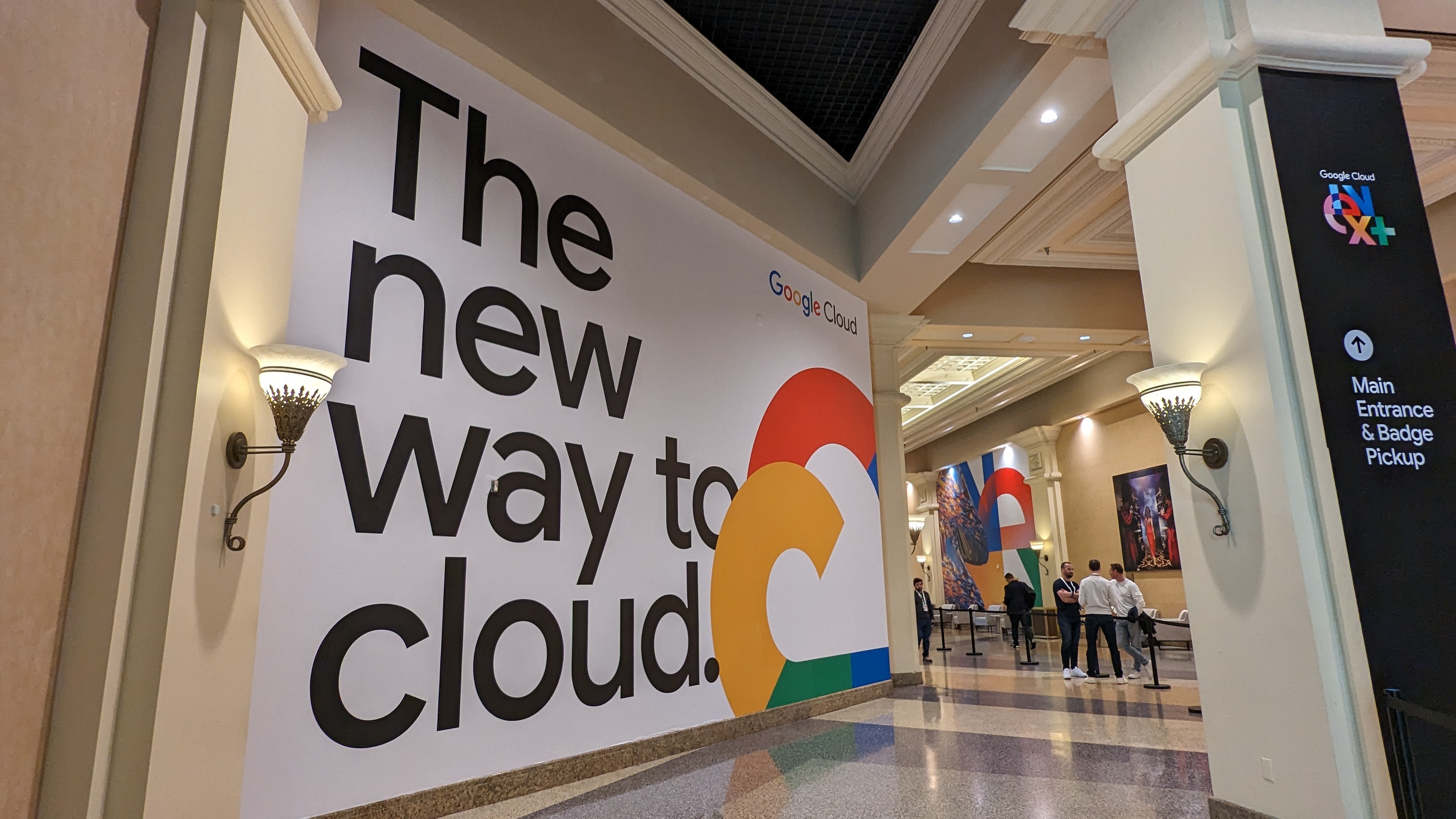 Google Cloud Next 2025 is the hyperscaler’s chance to sell itself as the all-in-one AI platform for enterprises
Google Cloud Next 2025 is the hyperscaler’s chance to sell itself as the all-in-one AI platform for enterprisesAnalysis With a focus on the benefits of a unified approach to AI in the cloud, the ‘AI first’ cloud giant can build on last year’s successes
By Rory Bathgate Published
-
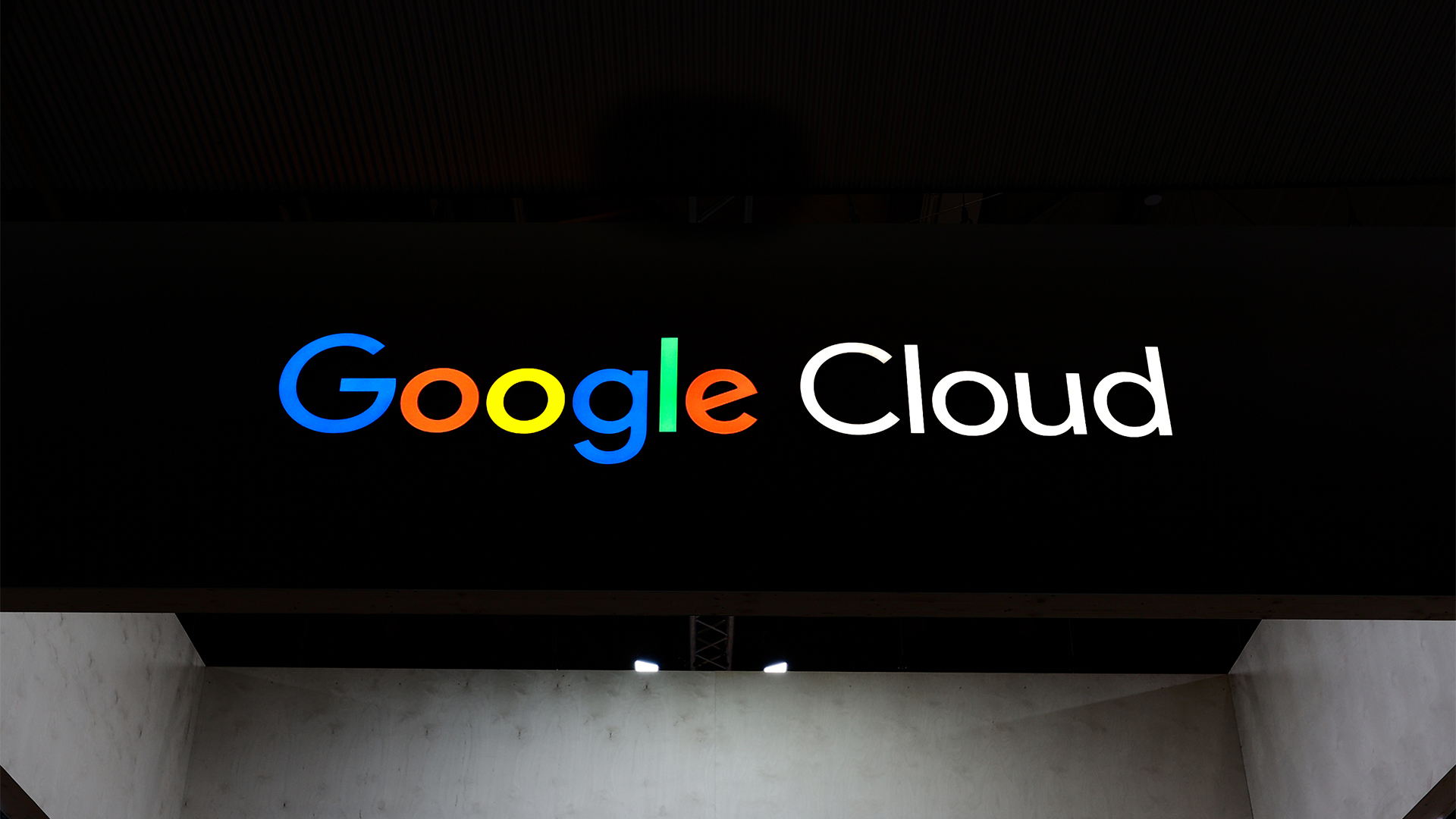 The Wiz acquisition stakes Google's claim as the go-to hyperscaler for cloud security – now it’s up to AWS and industry vendors to react
The Wiz acquisition stakes Google's claim as the go-to hyperscaler for cloud security – now it’s up to AWS and industry vendors to reactAnalysis The Wiz acquisition could have monumental implications for the cloud security sector, with Google raising the stakes for competitors and industry vendors.
By Ross Kelly Published
-
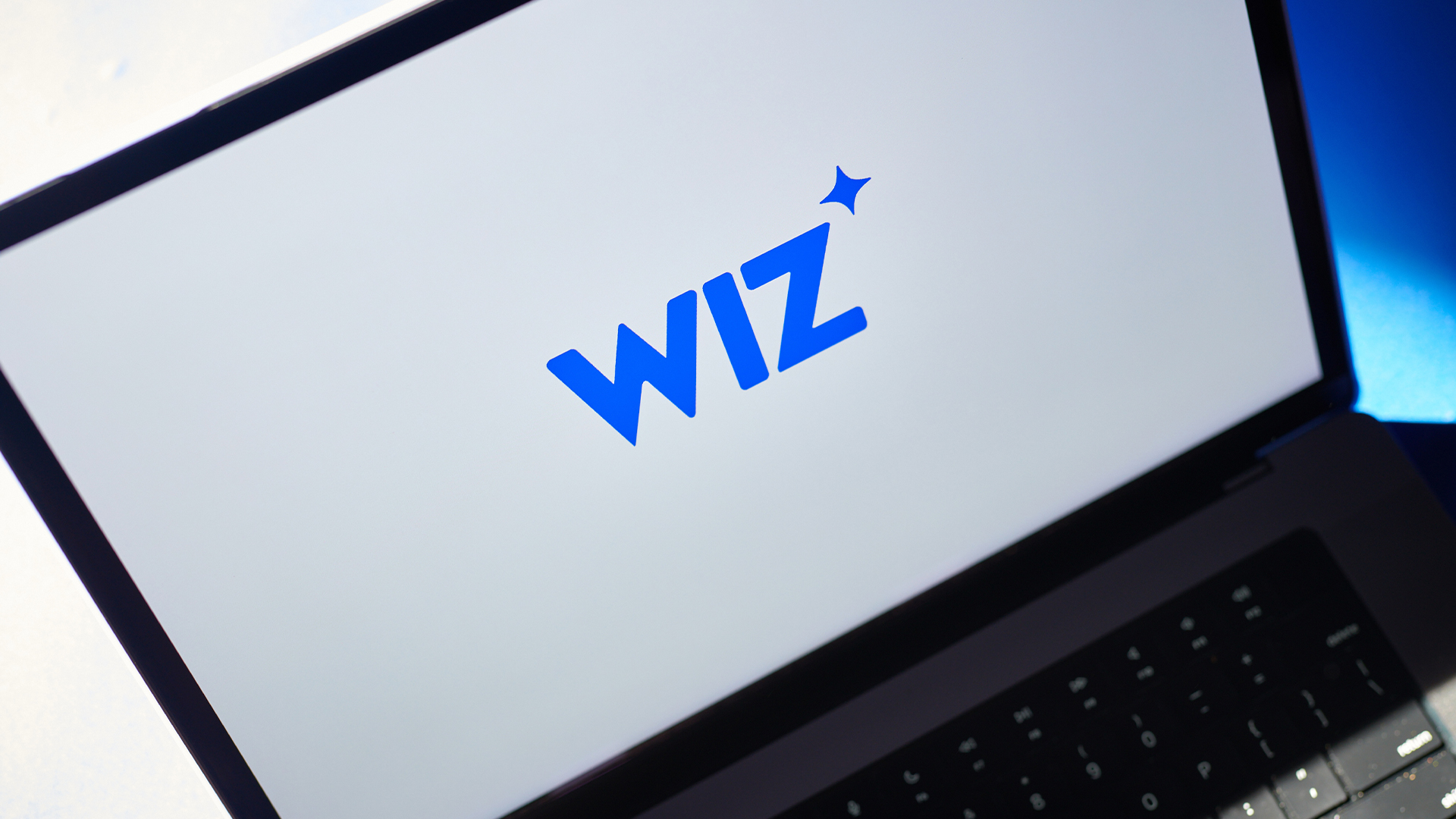 Google confirms Wiz acquisition in record-breaking $32 billion deal
Google confirms Wiz acquisition in record-breaking $32 billion dealNews Google has confirmed plans to acquire cloud security firm Wiz in a deal worth $32 billion.
By Nicole Kobie Published
-
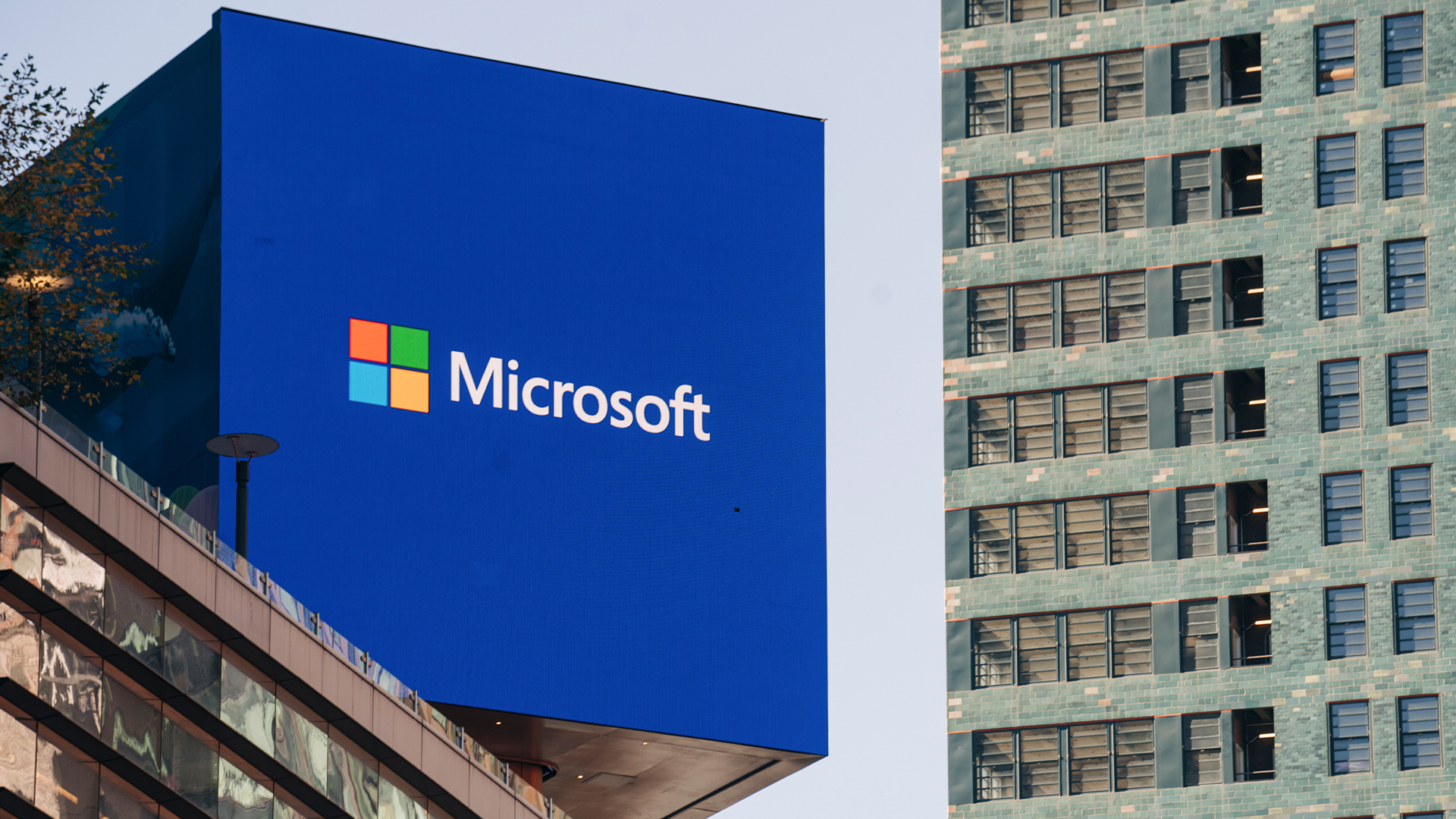 Microsoft hit with £1 billion lawsuit over claims it’s “punishing UK businesses” for using competitor cloud services
Microsoft hit with £1 billion lawsuit over claims it’s “punishing UK businesses” for using competitor cloud servicesNews Customers using rival cloud services are paying too much for Windows Server, the complaint alleges
By Emma Woollacott Published
-
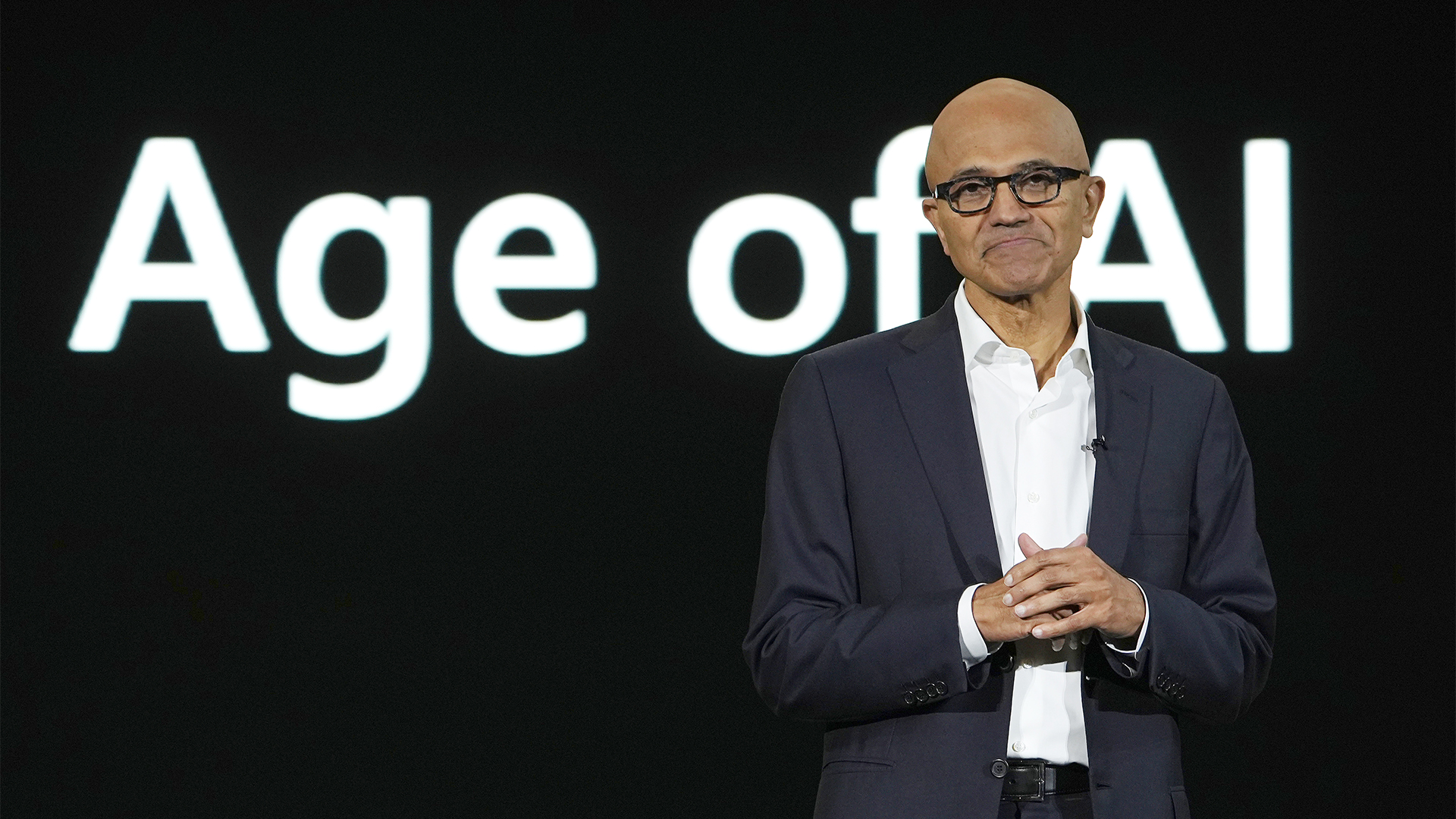 Microsoft's Azure growth isn't cause for concern, analysts say
Microsoft's Azure growth isn't cause for concern, analysts sayAnalysis Azure growth has slowed slightly, but Microsoft faces bigger problems with expanding infrastructure
By George Fitzmaurice Published
-
 The Open Cloud Coalition wants to promote a more competitive European cloud market – but is there more to the group than meets the eye?
The Open Cloud Coalition wants to promote a more competitive European cloud market – but is there more to the group than meets the eye?Analysis The launch of the Open Cloud Coalition is the latest blow in a war of words between Microsoft and Google over European cloud
By Nicole Kobie Published
-
 Microsoft slams Google’s ‘shadow campaigns’ as feud over cloud regulation escalates
Microsoft slams Google’s ‘shadow campaigns’ as feud over cloud regulation escalatesNews Google is being accused of creating an “astroturf” organization that is driven by ulterior motives
By George Fitzmaurice Published